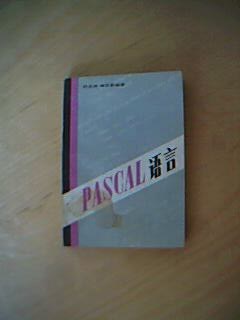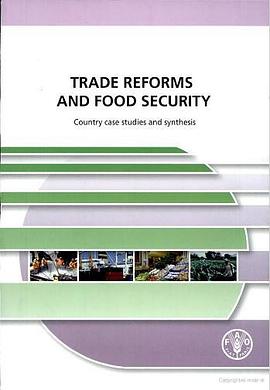

具体描述
This collection of essays examines European politics and diplomacy in the 1920s, with special emphasis on the Treaty of Locarno of 1925, often seen as the 'real' peace treaty at the end of the First World War.
Contributors discuss the diplomacy of the principle countries that signed the Treaty of Locarno in 1925 and consider the issues of greatest importance to the study of European history in the 1920s. They also assess whether the treaty could be seen as the 'real' peace treaty with Germany at the end of the First World War. Key chapters include: Locarno, Britain and the Security of Europe; Locarno: Early Test of Fascist Intentions; Locarno and the Irrelevance of Disarmament.
'Locarno diplomacy' meant different things to each of the countries involved. The inability of contemporaries to arrive at a working consensus about what the treaty was intended to achieve weakened it and paved the way for its destruction. Unlike the Paris Peace Conference, however, the Treaty of Locarno and the era of diplomacy to which it gave its name, were not always seen as flawed. Until 1945, they were held up as one of the high points of European diplomacy in the 1920s. This book asks whether it is still appropriate to under-rate the importance of the Treaty of Locarno
作者简介
目录信息
读后感
评分
评分
评分
评分
用户评价
相关图书
本站所有内容均为互联网搜索引擎提供的公开搜索信息,本站不存储任何数据与内容,任何内容与数据均与本站无关,如有需要请联系相关搜索引擎包括但不限于百度,google,bing,sogou 等
© 2026 book.wenda123.org All Rights Reserved. 图书目录大全 版权所有




















